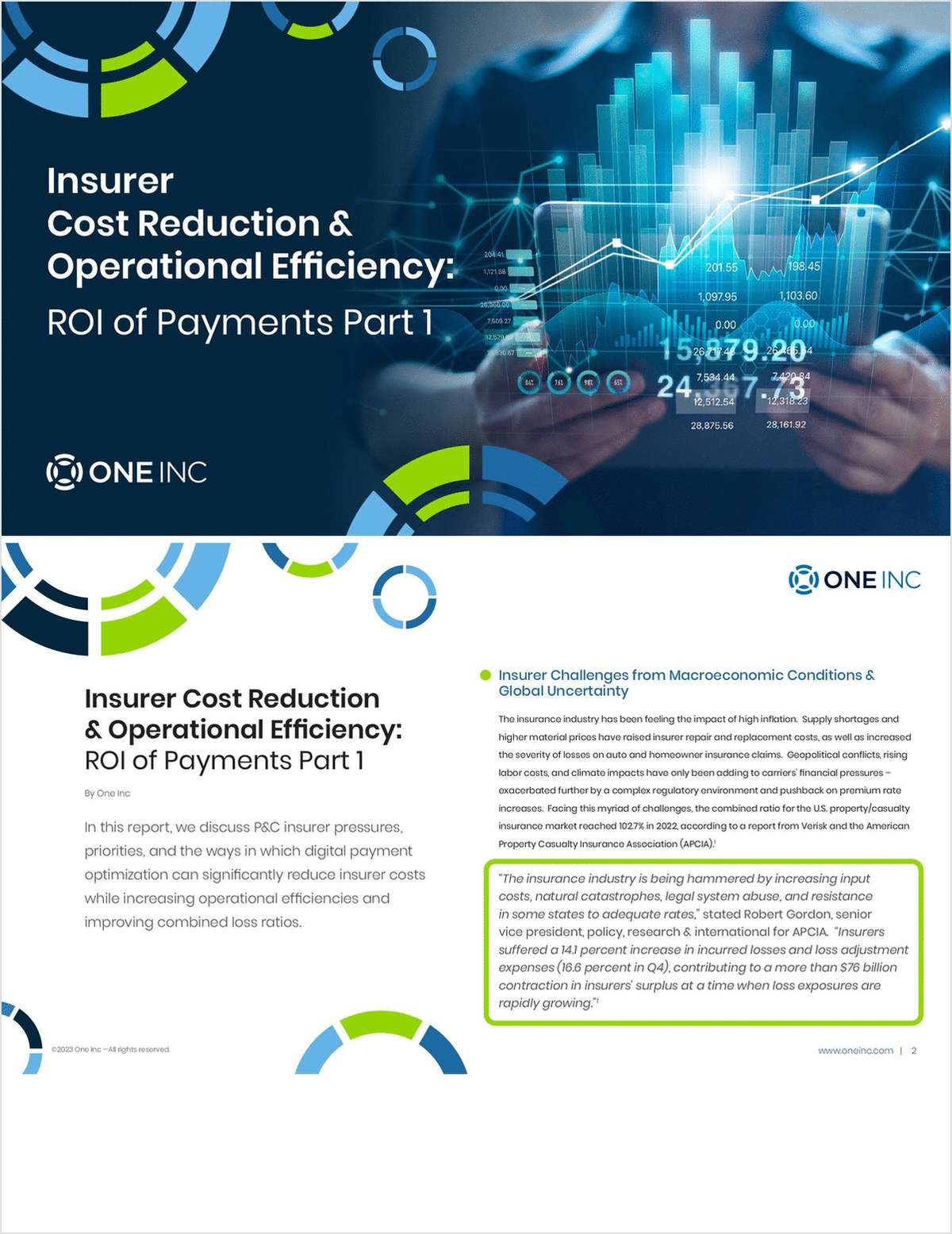WASHINGTON--A coalition of risk retention groups has been given the go-ahead by key House legislators to draft a bipartisan bill expanding the scope of the insurance coverage they offer to include property products.
Cliff Roberti, representing the American Risk Retention Coalition, said the go-ahead from key members of the House Financial Services Committee is a break-through.
Approval to proceed with drafting was given by staffers representing Rep. Paul Kanjorski, D-Pa., the chairman, and Rep. Deborah Pryce, R-Ohio, ranking minority member of the Capital Markets Subcommittee of the House Financial Services Committee, Mr. Roberti said.
The representatives' approval for such a bill culminates a four-year effort by several groups, including the National Risk Retention Association, to expand the Liability Risk Retention Act, which has the law since 1986, said Mr. Roberti who is also director of government relations for the Self Insurance Institute of America..
Under the act, risk retention groups are limited to providing liability insurance. They are structured as corporations or limited liability associations that function as captive insurance companies for member owners that are licensed as insurance companies or chartered as captives.
In late March, Janice M. Abraham, president and chief executive officer of the RRG United Educators Insurance, submitted testimony calling for expansion of the law governing RRGs to the House Subcommittee on Housing and Community Opportunity, which held a hearing on the property catastrophe insurance marketplace. Ms. Abraham is a former NRRA board member
Mr. Roberti said there is a "strong consensus" between his group and staffers and members of the House Financial Services Committee. But approval of the draft and the need for members of the committee to sign on as sponsors of the legislation leave him cautious as to the exact timing of introduction of the legislation, he added.
"We've had members of Congress show interest, but talks have not reached the point where they have agreed to sign on," he said.
The breakthrough partially stems from the fact that risk retention group captive insurance companies could help companies based in coastal areas better manage the soaring cost of property coverage, Mr. Roberti said.
The alternative risk transfer or self-insurance industry has been seeking to expand the types of coverage they can provide themselves to include property and excess workers' compensation because there is a growing need for affordable coverages of this type, he added.
Mr. Roberti worked for a year on the majority staff of the House Financial Services Committee, but left when Democrats took over in January and recently joined the ARRC.
Before his stint with the committee he worked for several years as an investment banker at UBS in New York.
Want to continue reading?
Become a Free PropertyCasualty360 Digital Reader
Your access to unlimited PropertyCasualty360 content isn’t changing.
Once you are an ALM digital member, you’ll receive:
- Breaking insurance news and analysis, on-site and via our newsletters and custom alerts
- Weekly Insurance Speak podcast featuring exclusive interviews with industry leaders
- Educational webcasts, white papers, and ebooks from industry thought leaders
- Critical converage of the employee benefits and financial advisory markets on our other ALM sites, BenefitsPRO and ThinkAdvisor
Already have an account? Sign In Now
© 2024 ALM Global, LLC, All Rights Reserved. Request academic re-use from www.copyright.com. All other uses, submit a request to [email protected]. For more information visit Asset & Logo Licensing.








